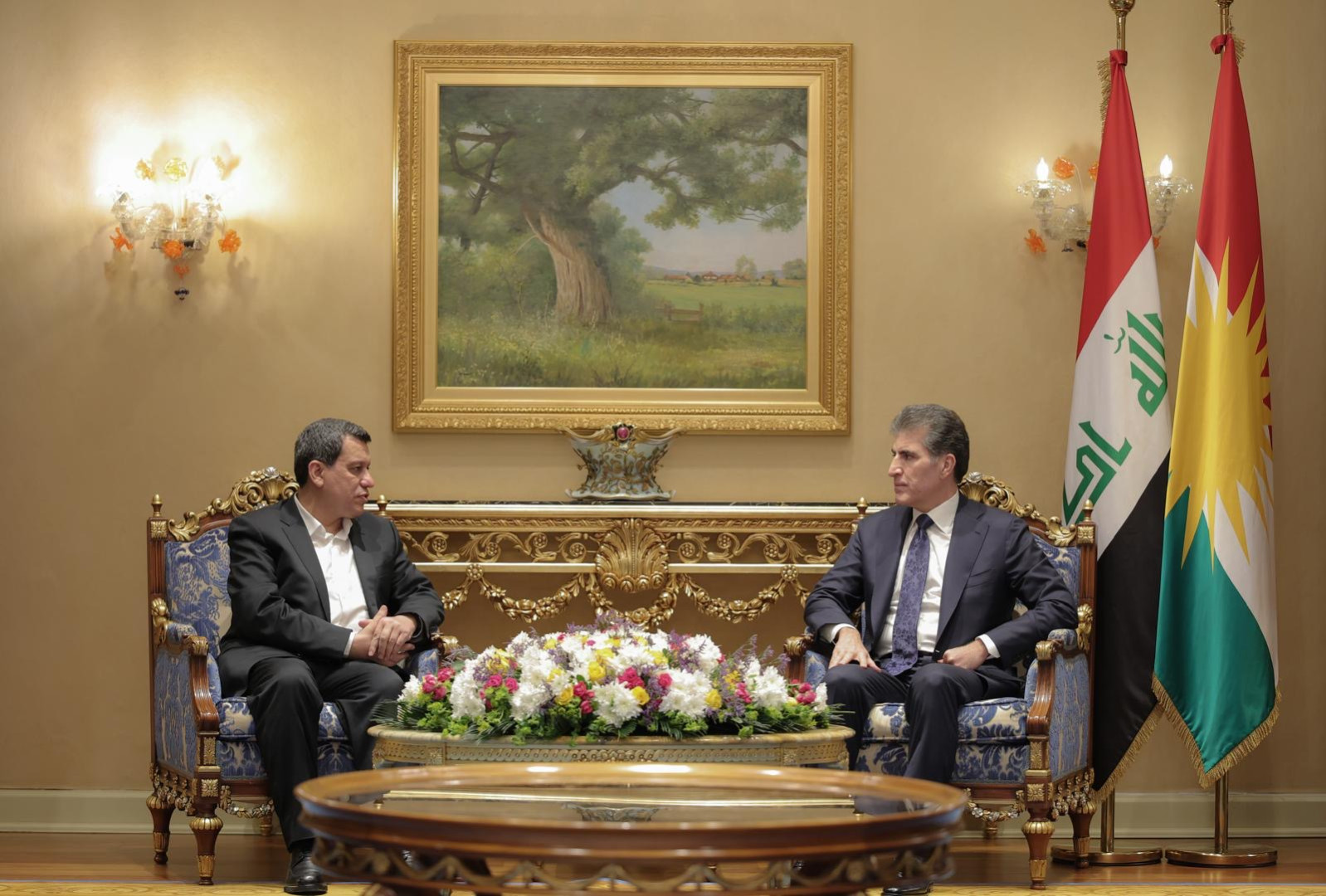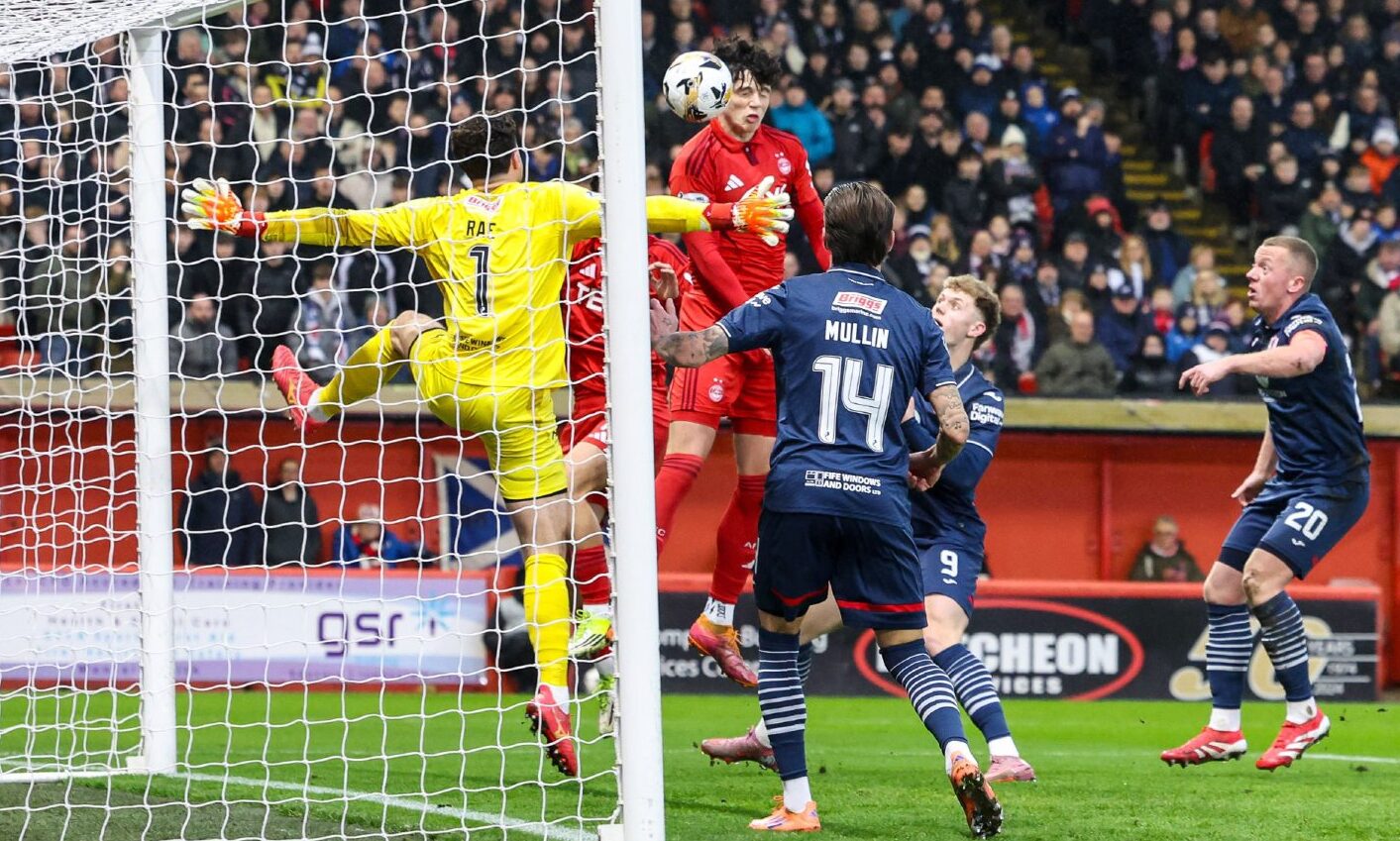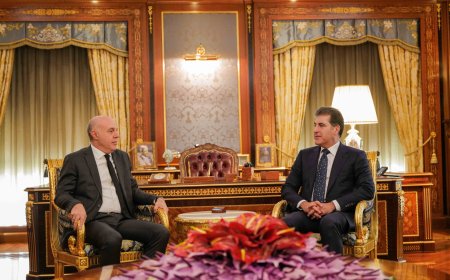As Israelis sour on China, Netanyahu provokes Beijing — but to what end?
With China already opposing Israeli actions in Gaza, Prime Minister Benjamin Netanyahu has accused China and Qatar of orchestrating anti-Israel campaigns on social media.

Already strained relations between Israel and China grew even tenser this week after Prime Minister Benjamin Netanyahu accused Beijing of implementing an "information blockade" against Israel.
Acknowledging that Israel is increasingly isolated internationally, Netanyahu accused China and Qatar of orchestrating anti-Israel campaigns on social media.
Meeting on Monday at the Foreign Ministry in Jerusalem with the largest delegation of American legislators to ever visit Israel, Netanyahu said, "They are organizing an attack on Israel's legitimacy in the social media of the Western world and the United States. We will have to counter it, and we will counter it with our own efforts."
The Chinese Embassy in Tel Aviv refuted the accusation Thursday in a statement, saying that Beijing "is shocked by the remarks made by the Israeli leader."
The sharp exchange illustrates the shift in Israeli-Chinese diplomatic relations over the past two years. According to a report from the Brookings Institution published in January 2024, "Widespread posts and discussions showed a general lack of sympathy for Israel’s security and territorial rights."
Still, while political observers in Israel acknowledge that the country has become a target of Chinese bots online and note that some Chinese officials have posted anti-Israel remarks and expressed support for Hamas and Iran, some doubt that the government has gone so far as to organize, finance or direct social media campaigns against Israel.
"It is unclear to me what Netanyahu based his accusation on," Galia Lavi, deputy director of the Israel-China Policy Center at the Diane & Guilford Glazer Foundation, told Al-Monitor. "He could have been trying to curry favor with Washington, especially since he made this remark while Secretary of State Marco Rubio was still in Israel."
The United States is currently engaged in a tense trade war with China and has raised tariffs on Chinese imports to 30%, with threats to increase them.
In June 2023, Netanyahu announced his intention to visit China later in the year in what would have been his third visit since 2017. Associates of Netanyahu said at the time that he was signaling to the Biden administration that Israel has alternatives for strategic partnerships. After the Hamas attack, the visit was put on hold.
Other analysts believe Netanyahu's comment may have been attempted payback for Beijing’s pro-Palestinian — and at times even pro-Hamas — stance since Oct. 7. In February 2024, for instance, China told the International Court of Justice that Palestinians’ use of force to "resist foreign oppression" is an "inalienable right." The statement made international headlines and was welcomed by Hamas.
A poll published in April 2024 by the Institute for Security Studies showed that 54% of Israelis consider China a hostile or unfriendly state, suggesting that Netanyahu might also have been exploiting these anti-China sentiments to pander to the electorate and boost his image at home as a strong leader.
Lavi noted that in polls conducted by her policy center before the Hamas attack, many Israelis were neutral toward China or even saw it as friendly. "This completely changed after Oct. 7, 2023, with the average Israeli now considering China hostile, a country in the same camp as Iran, Russia and North Korea that supports Israel’s enemies," Lavi said.
China's investments in Israel
Bilateral ties between Israel and China worsened considerably in the past two years but they began cooling in 2019 when Israel, at the request of the United States, established a committee to review foreign investment in the country.
In the past two decades, China invested heavily in Israeli high-tech companies as well as infrastructure, mainly in sea ports. A 2021 report by the Institute for National Security Studies showed that Chinese companies made 450 deals in Israel, including investments and purchases, between 2002 and 2020. For instance, in 2014, China’s Bright Food Group purchased Tnuva, one of Israel’s leading food processing companies, and in 2021, six years after winning the tender, the Shanghai International Port Group started operating the Haifa Bay commercial port.
China also invested in innovation laboratories at the Technion Israeli Institute of Technology and Tel Aviv University. In 2013, Tel Aviv University signed an agreement with Tsinghua University for the establishment of a joint research center to be financed by Beijing for $300 million. A year later, the Technion agreed with the University of Shantou to establish a joint research center in the region of Guangdong, at a cost of $150 million.
Lavi noted that between 2001 and 2022, Chinese companies both participated in and won more high-value public infrastructure tenders than those of any other foreign country.
Both the Trump and the Biden administrations repeatedly warned Israeli officials about China’s strategically sensitive investments in the country. The 2019 committee's scrutiny led to a sharp decline in Chinese investment in Israel, which fell from $72 million in 2018 to just $45 million in 2020.
Nevertheless, as Chinese investment in Israel has declined, Chinese exports to Israel continue to grow while Israeli exports to China have fallen. In 2024, Israeli imports from China reached a record $13.53 billion — up 19.8% from $11.29 billion in 2023. By contrast, Israel’s exports to China dropped to $2.759 billion in 2024, down from $3.299 billion the year before. The numbers are now fluctuating: In June 2025, Israel exported $1.87 billion worth of goods to China, a 227% increase compared with June 2024.
View from China
Lavi said that until October 2023, Beijing had been careful to separate political ties with Israel from economic and commercial relations. China has always supported the Palestinian cause. It had strong ties with the Palestine Liberation Organization, recognized the right of Palestinians to self-determination and for statehood and recognized the legitimacy of the Gaza elections that brought Hamas into power in 2006. Beijing has also been critical of Israeli policies in the West Bank and its settlement enterprise. However, China still invested heavily in the Israeli market.
"One could argue that China did not radically change its policy vis-à-vis Israel after the Hamas massacre, because it used the same critical language, the same rhetoric it employed during previous conflicts between Israel and the Palestinians," said Lavi, noting there was little empathy expressed toward Israel.
"Beijing did not realize the depth of the destruction the Hamas massacre wrought on Israeli society," Lavi added.
Beijing as mediator?
Since the Hamas assault, Beijing has sought to position itself as a peace broker in the Middle East, calling for an immediate ceasefire in Gaza and the creation of a Palestinian state. In the weeks after the attack, China hosted the foreign ministers of five Muslim states. Over the past two years, its statements have consistently emphasized the need for a political settlement between Israel and the Palestinians. In July 2024, it even hosted delegations from Hamas and Fatah in an effort to promote reconciliation.
In the first days after the Oct. 7, 2023 attack, diplomatic contacts between Israel and China were reduced to a minimum, at Beijing's initiative. Over the year, Israel’s successes such as the beeper operation targeting thousands of Hezbollah operatives in Lebanon, the killing of Hezbollah Secretary-General Hassan Nasrallah and strikes on Iran led Beijing to see Israel more as an innovation and military superpower, said Israeli diplomatic sources, prompting it to reassess its level of engagement.
In recent months, China has made some efforts to resuscitate the pre-2023 dialogue. The December 2024 appointment of a career diplomat familiar with the Middle East, Xiao Junzheng, as ambassador to Israel marked a strategic shift by Beijing, aimed at improving ties with Israel. This does not mean Beijing has stopped criticizing Israel or that it changed its anti-Israel rhetoric, but it does suggest that the leadership wants relations to return to a state where politics and economics are handled separately.
According to a former senior Israeli diplomat, despite the positive signs from China, its leadership continues to hold anti-Israel positions. Speaking on condition of anonymity, the source told Al-Monitor that Beijing repeatedly refers to the hostages in Gaza as "detainees." In addition, said the source, "Unlike the Russians, who kept saying they were deploying enormous diplomatic efforts to free their nationals from Gaza, China never considered Noa Argamani [rescued by the Israeli military in June 2024], whose mother was Chinese, as a Chinese hostage, and expressed no special empathy to her or to her family."
As a self-proclaimed leader of the Global South, Beijing often espouses anti-American sentiment at international forums where it holds a leadership position, including BRICS and the Shanghai Cooperation Organization.
The source noted that soon after Oct. 7, Chinese Foreign Minister Wang Yi accused Israel of disproportionate responses and violations of international law in Gaza, clearly aligning Beijing against Israel and the United States. Yet, interestingly, Hainan Airlines was one of the few foreign carriers to continue flying to Israel over the past two years, even when others suspended flights due to missile fire from Lebanon and Yemen. China also chose not to evacuate its roughly 20,000 citizens living and working in Israel.
"Netanyahu’s accusation against Beijing was irresponsible," said the former senior Israeli diplomatic source, adding that despite strong Chinese criticism of Israeli actions, Beijing is not Israel’s enemy. "Israel has nothing to gain by turning China — a superpower and a member of the United Nations Security Council — into one."
[Source: Al-Monitor]




















































